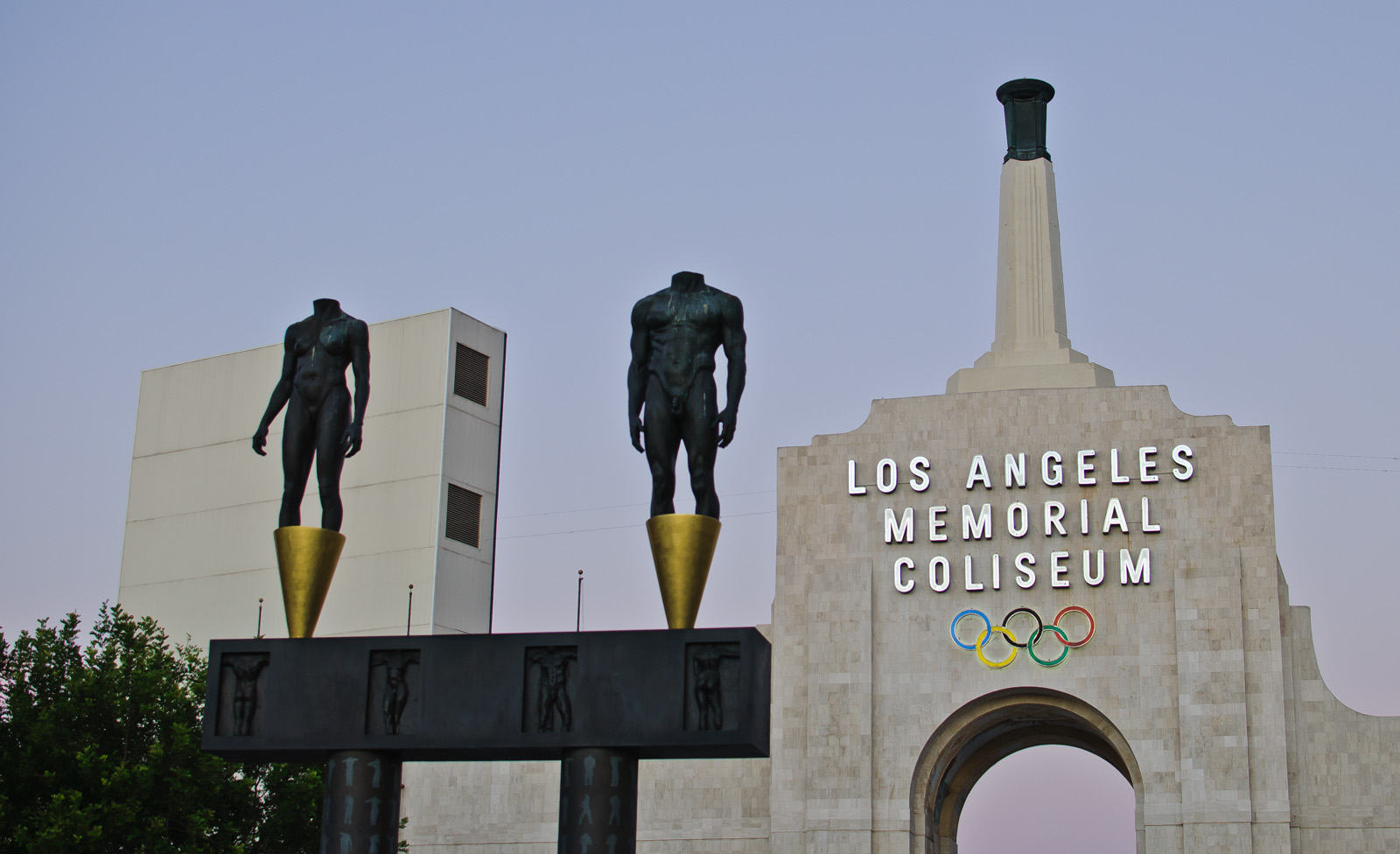More than two years later, United Airlines and the University of Southern California have reached a compromise on naming rights for the Los Angeles Memorial Coliseum. The agreement is shrouded in secrecy.
In May 2017, USC and United announced that the historic Los Angeles Memorial Coliseum would be renamed as the United Airlines Memorial Coliseum. USC said the stadium was in desperate need of repairs and United was willing to fork over $70 million for 15-years of naming rights. I’m sure it did not hurt that United CEO Oscar Munoz is a USC alumnus…
But when Los Angeles County Supervisor Janice Hahn caught wind of the deal, she immediately came out in opposition. Hahn is also President of the Los Angeles Memorial Coliseum Commission.
Writing in the Los Angeles Times, Hahn stated:
Unlike other modern sports venues, Los Angeles Memorial Coliseum is not just a stadium — it is a war memorial. Removing ‘Los Angeles’ and replacing it with a corporate sponsor insults the memories of those the Coliseum was intended to honor.
Days after the op-ed ran, Janet Lamkin United’s California President, offered to rollback the deal. But USC declined and brokered a compromise that apparently leaves both sides happy.
The Los Angeles Memorial Coliseum will remain the Los Angeles Memorial Coliseum. But the field inside the coliseum will be called The United Airlines Field at the Los Angeles Memorial Coliseum.
And somehow that just has the Los Angeles of Anaheim ring to it….
Instead of 15-years, the new deal runs only 10-years…but United has said it will NOT disclose how much it paid for its modified naming rights.
Addressing the compromise, Lamkin said:
United has a long history in Los Angeles, serving the city for more than 80 years. With so many employees, many of whom are proud veterans themselves, and customers that travel to or call the area home, this sponsorship is a meaningful way to underscore our commitment to California. We always want to do what is best for the communities in which we operate — and in this case, reaching an agreement which upholds the name of such a respected venue while modernizing it for the benefit of future generations was the right thing to do.
CONCLUSION
All’s well that ends well, or is this just money that could have have been better spent in a rainy day fund for the next recession? Two years ago, I wrote:
Hopefully United will not cut service to LAX even as it beefs up its name-recognition.
I still hope that is the case.
> Read More:United Airlines Pays $70MN for Naming Rights to Los Angeles Memorial Coliseum
image: InSapphoWeTrust / Flickr





Hahn is on the LA County board of supervisors, not the city council.
I’m having a bit of trouble with the comparison to the Los Angeles Angels of Anaheim reference. To begin with, I’ve always found that name to be offensive on several levels. The Angels don’t play in Los Angeles yet take the name (which is not unusual for a North American professional sports franchise); only in this case they’re trying to take both names, which I find to be a disservice to both cities, particularly Anaheim. But there is plenty of precedence for this naming scheme between stadium commissions and commercial partners. So I don’t know that I find the connection to be apt, as I don’t find this compromise between United and the Los Angeles Memorial Coliseum Commission to be nearly as offensive and there is precedent.
On the other hand, if you’re likening them because they seem to be a weaselly way of satisfying “contractual” partners (the city of Anaheim in one case; the Los Angeles Memorial Coliseum Commission in the other) just to make a thing more marketable … well, maybe you’re onto something.
Indeed, I just meant what you wrote in your second paragraph.
“Alumni” is the plural of “alumnus.” Munoz is an alumnus of USC, as Dr. Nick Rivera is an alumnus of Hollywood Upstairs Medical College.
Perhaps instead of paying for stadium naming rights, it would better if United got some chemtrail action going and seeded the clouds of California with electrolytes. Make it rain Brawndo, the drought mutilator. It’s got what plants crave.